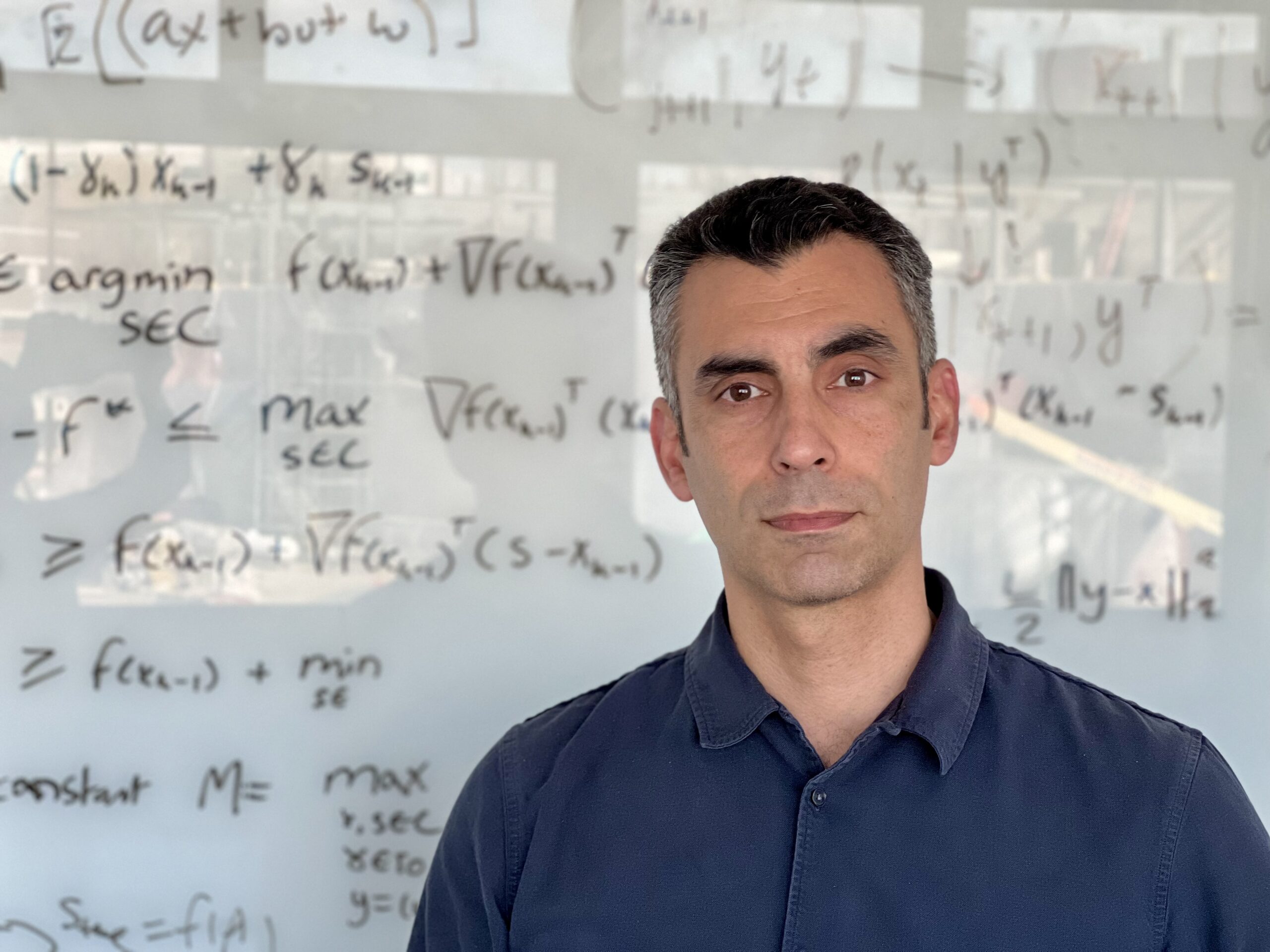
The Community-Engaged Practice and Innovation Awards recognize faculty who have developed community-engaged learning, leadership or research activities that create curricular and co-curricular opportunities for students.
See Details
Eilyan Bitar received the Community-Engaged Practice & Innovation Award for his teaching and research on sustainability and engineering, which are grounded in the best practices of community-engaged learning. In 2016, he began working with New York State Electric and Gas (NYSEG) to understand how the growing adoption of electric vehicles (EVs) will impact the power grid, and how to effectively coordinate EV charging patterns to minimize their collective strain on the grid.
Alongside a PhD student and partners at NYSEG, Bitar developed a pilot program called OptimizEV to explore how to best balance customer charging needs without stressing the grid. The OptimizEV program utilized a novel incentive mechanism and smart-charging algorithm to actively manage the charging patterns of 35 EV owners in Tompkins County over the span of 18 months. Participants indicated when they needed their EVs charged by and an algorithm determined how to optimize their charging profiles to avoid spikes in electricity demand, while guaranteeing that everyone’s car was charged in time for its next trip.
In exchange for their flexibility, customers benefited by paying less to charge their cars, while also helping to integrate wind and solar power into the grid. Bitar has shared this research with students in a new Learning Where You Live course called “Pioneering Sustainable Change in the Real World” and in less formal settings while serving as the faculty-in-residence in Hu Shih Hall.


